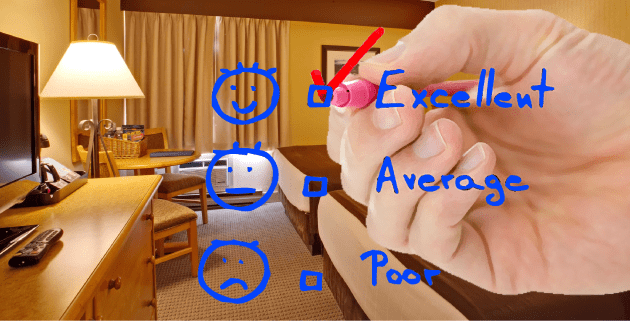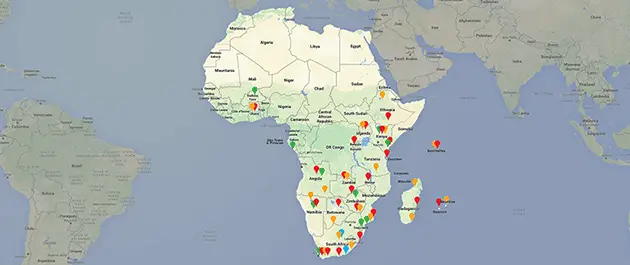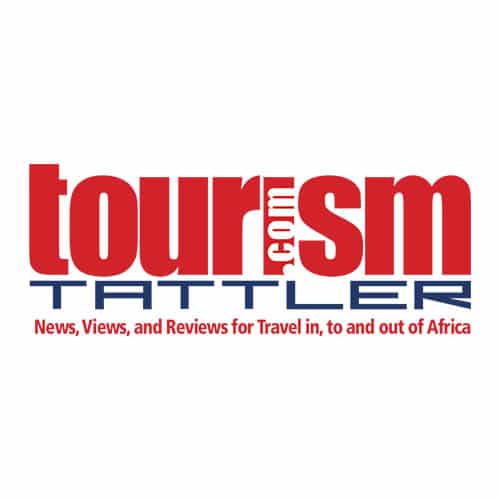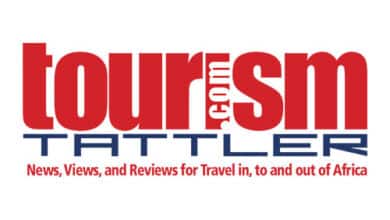Seven Tips to Improve your B2B Marketing
– Part 2 –
In the June edition of Tourism Tattler, I wrote Part One of a three-part series that outlines seven tips for B2B companies to increase the ROI on their marketing efforts, shorten the sales cycle and increase conversions. Part One of the series offered tips on how to use public relations and content marketing to promote your B2B company, and this month in Part Two, I will be covering another very important B2B marketing tactic: conferences and industry events, writes Jennifer Nagy.
Conferences & Industry Events
Industry conferences are a fantastic way to meet potential clients face-to-face, which helps to develop relationships much more quickly than email or phone contact alone. As such, it is more likely to make your potential customer more receptive to your sales pitch if you have already met in person.
Choose the conferences that you attend based on the ideal client that you are trying to reach. Whether you are choosing to sell to international flagged brands or small, independent hotels, there are conferences that are better suited to your specific niche.
Unless you have millions of marketing dollars at your disposal (which is becoming more and more infrequent nowadays), I would recommend only selecting only the top two to three annual conferences that will appeal to your target audience. With conferences, ‘quality over quantity’ should be your mantra because it does take a significant amount of money to make your booth (and your product) stand out amongst the hundreds (or even thousands) of other suppliers attempting to reach the same audience, at the same event.
There are three options for possible involvement in industry events and conferences, and I recommend that B2B companies consider including all three at every event in which they choose to participate (if possible).
Exhibiting
Your B2B company should be exhibiting during the trade show portion of all top industry conferences. In order to stand out, create a booth with a strong brand image, as well as lots of interesting/engaging visuals. Offer on-site demos and if possible, incentivize potential customers to come visit your booth.
Before the conference, spend a great deal of time developing collateral that will appeal specifically to the attendees of this conference. Reach out to your marketing list and invite them to arrange meetings/demos with you on-site. Consider planning an on-site event that will bring potential customers to your booth; food and cocktails are always very popular with conference attendees so if you have the budget, definitely consider organising a cocktail party or a special dinner to entice visitors to your booth.
Speaking opportunities
You should also consider applying to be a keynote speaker or participate in an expert panel at your selected conferences. This gives you the opportunity to demonstrate your expertise in your subject matter of choice, making any potential customers who are listening more apt to trust your company and consider accepting your sales pitch at a later date.
Speaking opportunities are also a great way to secure trade media coverage (I’ll go into more detail on this in a moment).
In order to secure a speaking opportunity, you will need to start planning in advance of the conference.
Most conference organizers start planning the event (including keynote and panel topics and presenters) at least six months (or even up to a year) in advance. That means that you will need to apply a minimum of six months before the event to be considered for a speaking opportunity.
Check out the conference website for details on how to apply. Some conferences require a specific application package to be completed, while others simply request that you send an email outlining your proposed speech topic.
Either way, you will need to have a specific topic/angle in mind, in order to be considered. Consider what info conference attendees would need to/want to learn during the event and work your proposal around that subject matter.
The more interesting your topic to potential attendees, the more likely you will be to secure a speaking opportunity at the event.
Media outreach
Finally, conferences offer a fantastic opportunity to secure media coverage for your company and/or product/service. At most larger conferences, organizers invite trade media from around the world to attend and cover the event. Many publications even publish dedicated conference issues so they are always in need of interesting stories to share.
Not only is media exposure beneficial because it creates on-site visibility, it also helps your company to develop stronger relationships with media that will yield even greater coverage over time. Like with potential customers, it is harder to say no to someone who you’ve met in person so use this opportunity to meet as many journalists who cover your industry as possible.
Before starting to pitch, it is important that you decide upon an interesting angle for your company’s presence at the event. Are you launching a new product? Have you moved in a new strategic direction? Are you planning an interesting/fun event at your booth? Is your product changing the way that hotels operate? All of these angles could interest media to come interview your company’s spokesperson on-site.
Reach out to the event organizers at least a month before the event and ask if they would be willing to share the list of confirmed media attendees. In most cases, the event organizers are happy to share this info, especially with their confirmed exhibitors. Also, ask the organizers about their process for issuing media passes to the event. Once you have the list, reach out to each journalist with a short email introducing your company and product/service, and outlining your unique story angle. Invite them to come by your booth and meet with you and/or view a product demo.
If you have an international trade media list (or you work with a PR firm who does), reach out to all other media to find out if they are planning the conference, and if not, invite them to attend. Offer to secure them a media pass to the event (which can be obtained from the conference organizers). The few minutes that it takes to secure their media pass can be highly beneficial; journalists are much more likely to book an interview and run a story about your company when you’ve helped them out.
If you can, confirm a time for the media interview in advance of the conference because journalists’ schedules do fill up quickly. To keep organized, create a schedule for your spokesperson, which includes all pertinent information about each interview (i.e. outlet name and description, name and contact info of journalist, angle of story, demo request, etc.) and keep it updated as new media interviews are added.
You should also prepare any necessary visuals (i.e. images, headshots, videos, press kits, etc.) in advance in case journalist on a short deadline requests one. This brings me to an important point: media who are covering industry events and conferences are typically on a VERY short deadline – sometimes, as short as a few hours. As I mentioned, many publications release daily conference issues so in order to capitalize on the visibility offered by an article published during the event (which can drastically increase foot traffic to your booth), you must be prepared well in advance.

To find out more about JLNPR visit www.jlnpr.com or contact Jennifer at [email protected]





